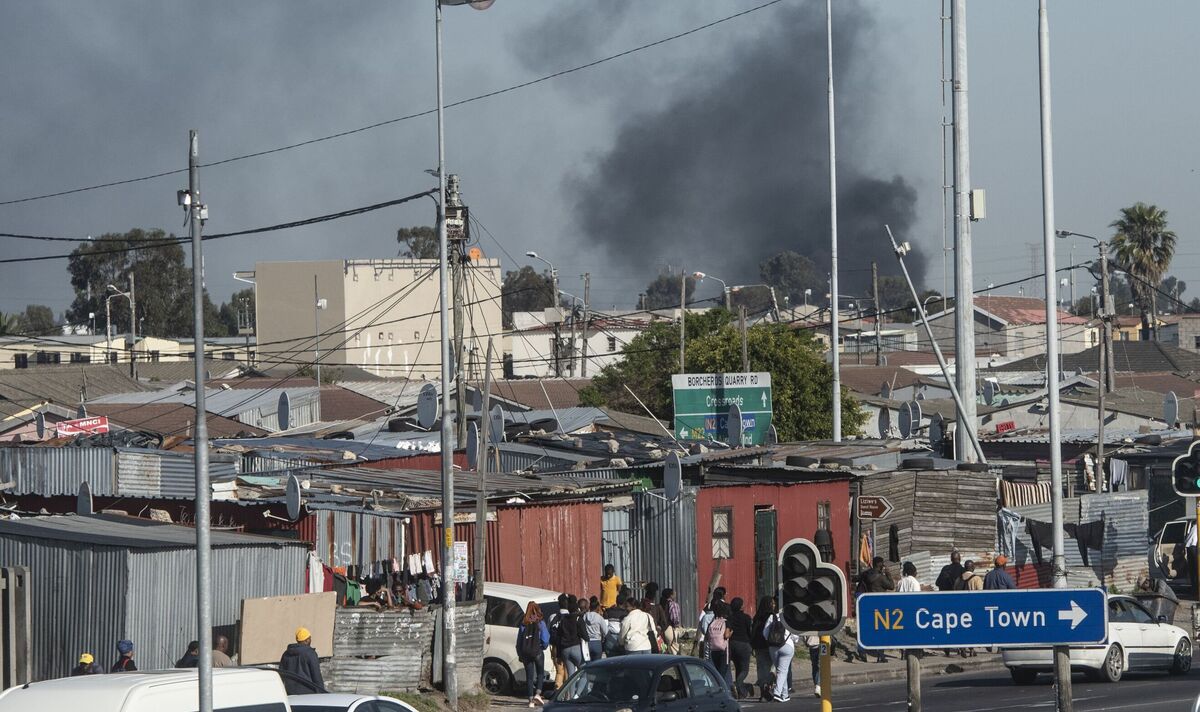Couple suing Google Maps after it sent them to a notorious crime hotspot where they were brutally attacked and robbed at gunpoint::A Los Angeles couple filed a lawsuit against Google Maps for allegedly navigating them to a notorious South African crime neighborhood where tourists are left ‘injured, maimed or dead.’



I don’t think it is simply “huh this place looks sketch”. Not sure if you read the article.
The thing is, the criminals knew that Google routes rental cars along a typical route and so they ambush tourists violently along that route. For all I know the route may look fine.
Anyway, you don’t have to label neighborhoods. Just have the app route them differently…
…But wouldn’t the criminals catch onto that before long so that the new route becomes the ambush zone?
Maybe there is a solution like randomly choosing a particular path at different hours but the fewer alternate routes the less effective that will be. Criminals could simply stake out one route and wait a little longer before a victim passes by.
But is this really a mapping company’s problem to solve? Is the map app responsible for traveler security? What if you ask to be routed into or through a war zone (e.g. somewhere in Ukraine). Does the map app refuse? Warn you? Or what?
What if someone gets a paper map? Is the map maker responsible? How about the rental car employees?
Where does the responsibility of the tourist begin and end here?
My point was the that labeling certain areas as “bad” can create problems, even if it’s an area known for carjacking tourists. What defines a “bad” area? Petty theft? Drug arrests? Violent crime? Homelessness? How much crime does it take to be labeled “bad”? Unfortunately a lot of those areas are tied to poverty, and all too often poverty is tied to minorities. So say we start labeling areas, now traffic is reduced and maybe it even starts impacting local businesses because people are now checking the box that says “avoid bad areas” and routes people around a place that maybe got drive thru traffic at the coffee shops or gas stations.
You can easily see how difficult this is a policy to make. I’m not dismissing the problems these people encountered, but implementing this in popular guidance apps isn’t going to be easy.